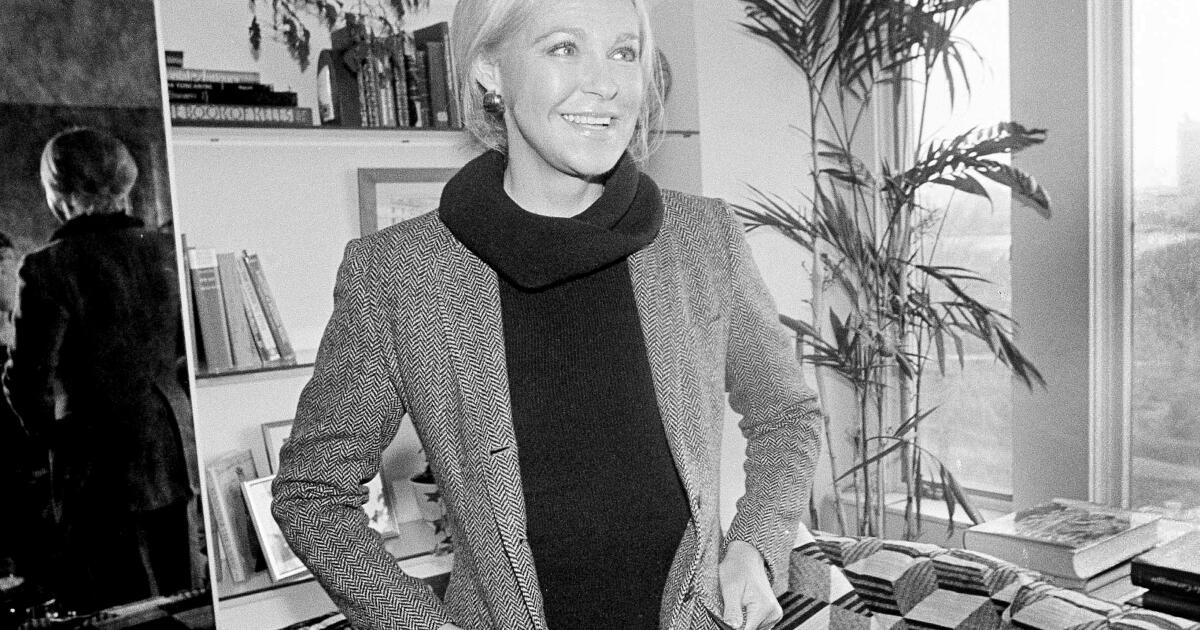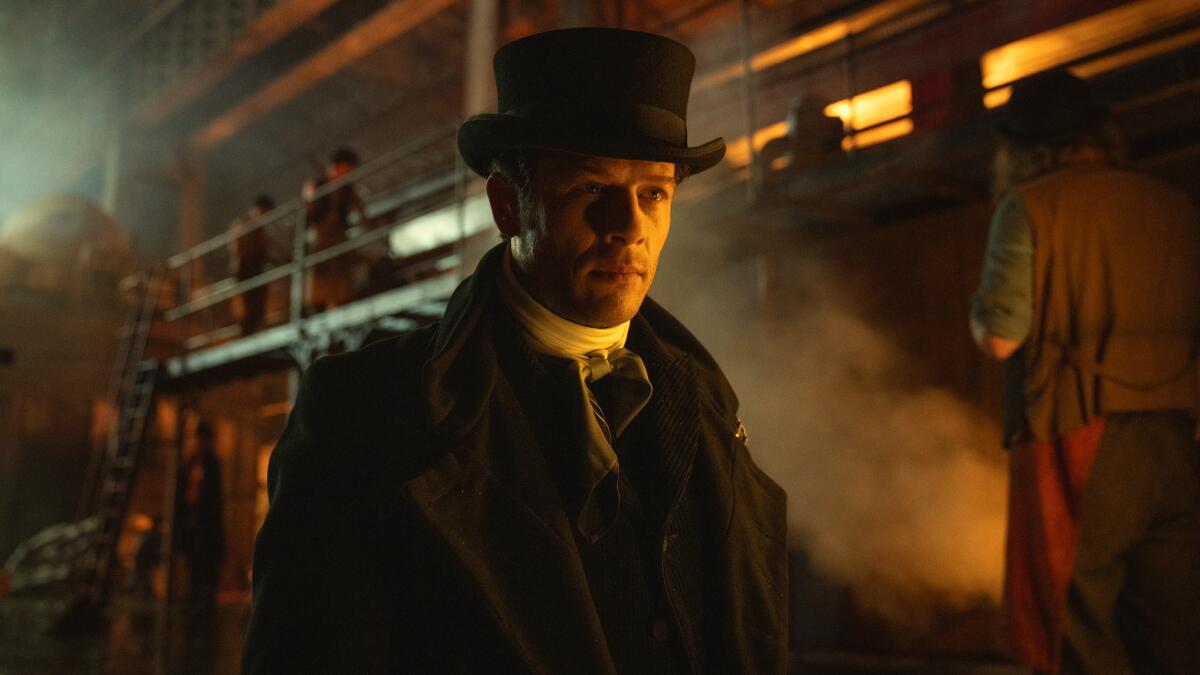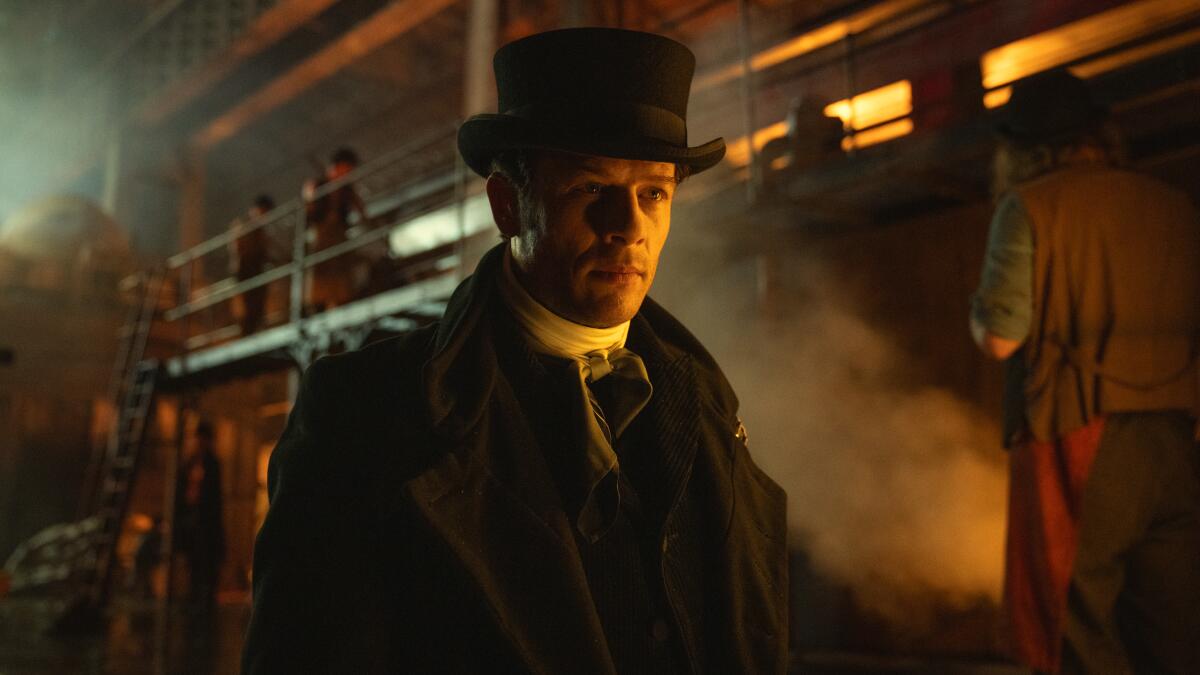Joan Kennedy, first wife of Sen. Edward Kennedy, has died
BOSTON — Joan B. Kennedy, the former wife of Sen. Edward M. Kennedy who endured a long and troubled marriage marked by family tragedies, her husband’s infidelities and her own struggles with alcoholism and mental health, died on Wednesday. She was 89.
The former Joan Bennett was a model and classically-trained pianist when she married Ted Kennedy in 1958. Their lives would change unimaginably over the next decade and a half. Brother-in-law John F. Kennedy was elected president in 1960 and assassinated three years later. Brother-in-law Robert F. Kennedy served as attorney general under JFK, was elected to the U.S. Senate in 1964 and assassinated while seeking the presidency.
Her husband was elected to the U.S. Senate and became among the country’s most respected legislators despite initial misgivings that he was capitalizing on his family connections. But Ted Kennedy also lived through scandals of his own making. In 1969, the car he was driving plunged off a bridge on Chappaquiddick Island, killing his young female passenger, Mary Jo Kopechne.
Kennedy, who swam to safety and waited hours before alerting police, later pleaded guilty to leaving the scene of an accident. Chappaquiddick shadowed him for the rest of his life, weighing against his own chances for the presidency.
Joan Kennedy had three children with her husband, but also had miscarriages, including one shortly after the Chappaquiddick accident. She stood by her husband through the scandal, but their estrangement was nearly impossible to hide by the time of his unsuccessful effort to defeat President Jimmy Carter in the 1980 Democratic primaries. They had been separated by then, and would later divorce. One bumper sticker from the campaign read “Vote for Jimmy Carter, Free Joan Kennedy.”
Her love of piano would be a trademark for much of her life. She was known for opening her husband’s campaign rallies with a piano serenade and, after they divorced, touring with orchestras around the world. Her family said she would combine her masterful playing with a message about the transformational potential of the arts and the need for equitable arts education.
In a 1992 Associated Press interview, she recalled playing piano for brother-in-law Bobby when he ran for president in 1968. “He took me with him and encouraged me,” she said. “He had a theme, ‘This Land Is Your Land,’ the Woody Guthrie song. I’d play that on the piano and everybody would come in, feeling really great about everything.”
“It seems like a long time ago, but it’s part of my memories,” she said softly.
In a statement, former Rep. Patrick Kennedy of Rhode Island praised his mother for her courage and talent.
“Besides being a loving mother, talented musician, and instrumental partner to my father as he launched his successful political career, Mom was a power of example to millions of people with mental health conditions,” his statement said. “She will be missed not just by the entire Kennedy Family, but by the arts community in the City of Boston and the many people whose lives that she touched.”
She also became one of the first women to publicly acknowledge her struggles with alcoholism and depression.
“I will always admire my mother for the way that she faced up to her challenges with grace, courage, humility, and honesty,” Ted Kennedy Jr. said in a statement. “She taught me how to be more truthful with myself and how careful listening is a more powerful communication skill than public speaking.”
Casey writes for the Associated Press.


